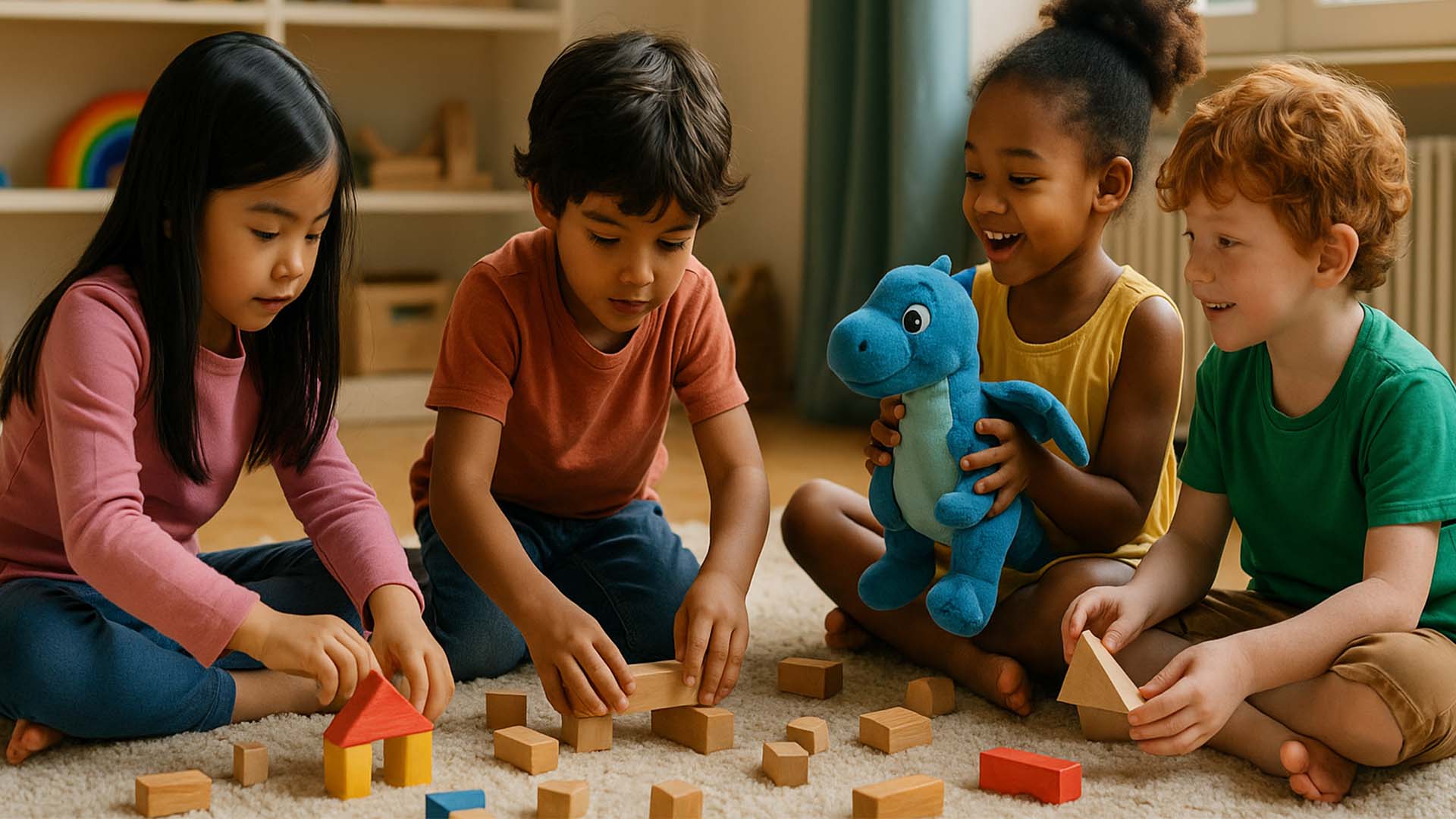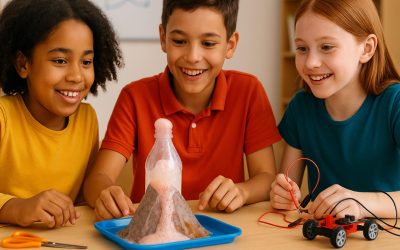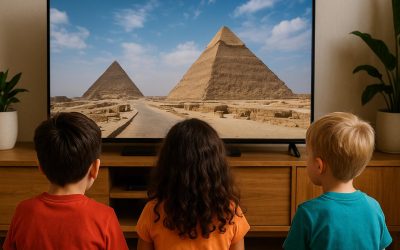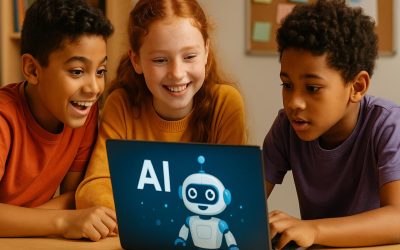Play is often seen as mere recreation, but for children, it is a powerful engine for learning, creativity, and development. Play-based learning, a pedagogical approach that integrates play into educational settings, harnesses children’s natural curiosity and imagination to foster essential skills.
This article delves into the profound importance of play-based learning and creativity in a child’s growth, highlighting how joyful, engaging experiences lay the foundation for lifelong learning.
Play: The Foundation of Learning
Play-based learning is not just about having fun; it’s a critical method through which children explore the world, make sense of their experiences, and develop a wide range of cognitive, social, and emotional skills [1]. Through play, children learn to problem-solve, negotiate, cooperate, and understand different perspectives.
It encourages initiative, independence, and critical thinking, all while fostering a love for learning. Whether it’s building a towering castle with blocks or engaging in imaginative role-play, these activities are rich with opportunities for discovery and skill acquisition [2].
Nurturing Creativity and Imagination
Creativity is a vital skill that allows children to think innovatively, express themselves uniquely, and find novel solutions to challenges. Play provides the perfect environment for creativity to flourish. When children engage in open-ended play, they are free to experiment, take risks, and transform ordinary objects into extraordinary tools for their imagination.
This process helps them develop their cognitive flexibility, divergent thinking, and self-expression [3]. Encouraging creative play, such as art projects, storytelling, or building with various materials, helps children build confidence in their abilities and expand their mental horizons.
The Benefits Beyond the Classroom
The advantages of play-based learning and creativity extend far beyond academic achievement. Children who engage in regular playful learning experiences tend to have better social-emotional development, improved language skills, and enhanced problem-solving abilities [1].
These experiences also contribute to their overall well-being, reducing stress and promoting a positive attitude towards learning. By embracing play, parents and educators can help children develop into well-rounded individuals who are adaptable, resilient, and ready to face the complexities of the modern world.
Q&A: Play-Based Learning and Creativity
Q1: What is play-based learning?
A1: Play-based learning is an educational approach where children learn through engaging in playful activities. It leverages their natural curiosity and imagination to develop cognitive, social, and emotional skills in a fun and interactive way.
Q2: Why is creativity important for children?
A2: Creativity helps children develop innovative thinking, problem-solving skills, and self-expression. It allows them to explore new ideas, experiment, and build confidence in their unique abilities.
Q3: How can parents encourage play-based learning at home?
A3: Parents can provide open-ended toys and materials, create opportunities for imaginative play, join in their children’s play, and allow them the freedom to explore and experiment without excessive direction.
Q4: Does play-based learning prepare children for school?
A4: Yes, play-based learning is highly effective in preparing children for school by developing foundational skills such as problem-solving, critical thinking, social interaction, and language development, which are crucial for academic success.
Sources
- NAEYC: The Power of Playful Learning in the Early Childhood Setting
- Concordia University, Nebraska: The Power of Play-Based Learning in Early Childhood Education
- Maryville University: Creativity for Kids: Benefits & Tips for Nurturing an Innovative Mind








0 Comments